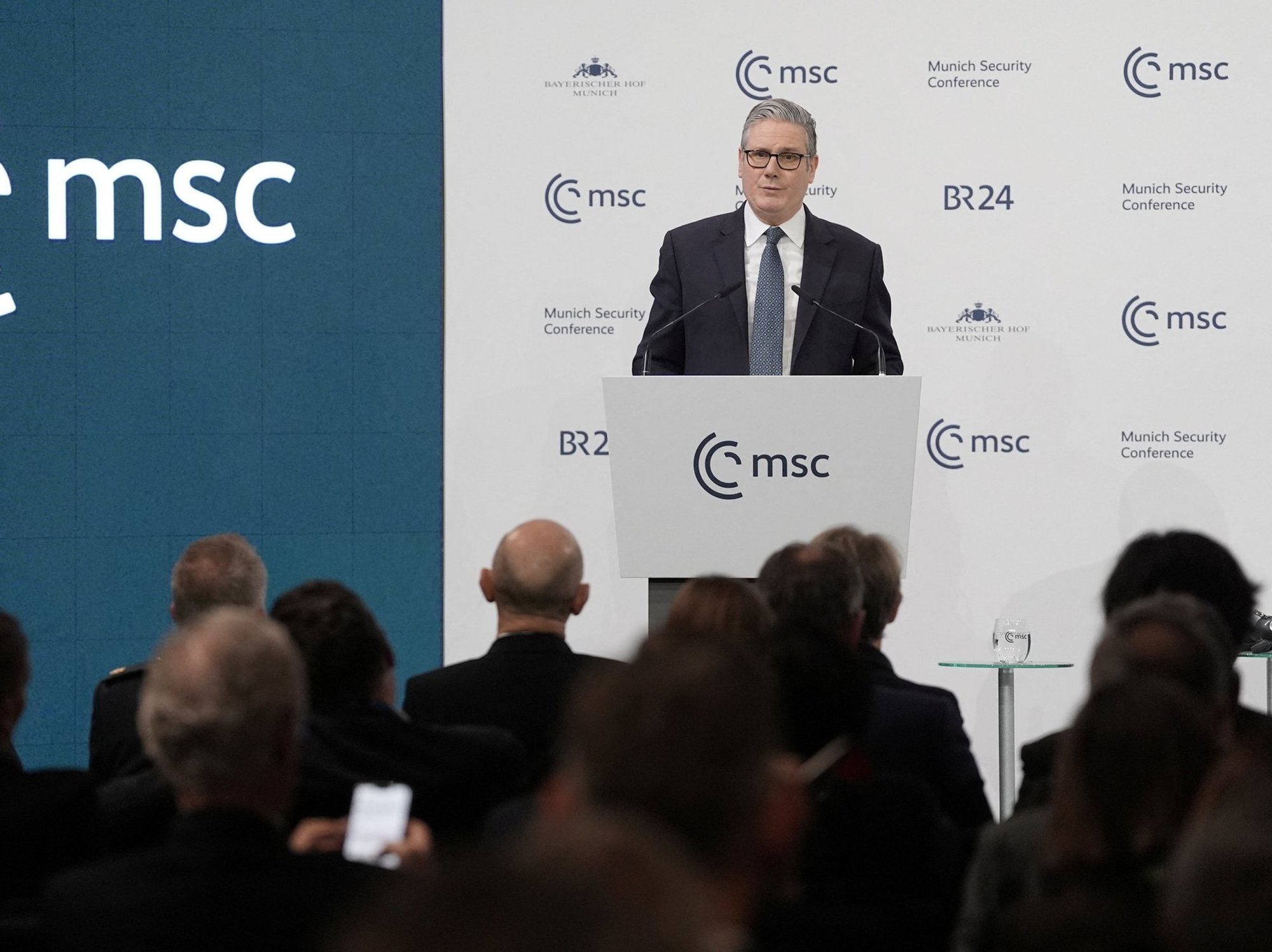Timing your breakfast just an hour earlier could extend your lifespan, 20-year study shows
Medics have suggested the time at which breakfast is eaten could be a useful diagnostic tool to judge overall health as well
Don't Miss
Most Read
Often hailed as the most important meal, breakfast could actually be responsible for far more than setting the tone of each day, new findings suggest.
In fact, research conducted by Mass General Brigham has uncovered that eating later in the day has been linked with elevated mortality rates among older individuals.
The comprehensive investigation revealed that for every hour breakfast is postponed, there is a corresponding 10 per cent increase in the likelihood of death.
The study tracked approximately 3,000 British participants ranging from 42 to 94 years of age over the course of 20 years.

Delaying your morning meal has been linked with various health issues
|GETTY
Postponing the morning meal was consistently associated with various health complications, including depression, exhaustion, dental problems and disrupted sleep patterns, scientists explained.
Nutrition scientist and circadian biologist at Harvard Medical School and Massachusetts General Hospital Dr Hassan Dashti, who spearheaded the research, said the new findings have shown meal timings to be an "easy-to-monitor marker" of overall health.
"Our research suggests that changes in when older adults eat, especially the timing of breakfast, could serve as an easy-to-monitor marker of their overall health status," Dr Dashti said.
"Patients and clinicians can possibly use shifts in mealtime routines as an early warning sign to look into underlying physical and mental health issues."
LATEST DEVELOPMENTS
The research team observed that elderly individuals typically shift their eating schedules later as they advance in years, affecting both morning and evening meals.
Those exhibiting tendencies towards nocturnal habits demonstrated particularly pronounced delays in breakfast consumption.
Dr Dashti said: "Up until now, we had a limited insight into how the timing of meals evolves later in life and how this shift relates to overall health and longevity."
While the link between a later breakfast and death is worth noting, the researchers pointed out that their findings were simply a correlation, rather than a direct causation.

Regular meal schedules are believed to support healthy ageing, medics say
|GETTY
Late morning meals might signal existing health conditions, lifestyle factors or biological variations that affect wellbeing, rather than shortening lifespan on its own.
Rounding up their recommendations, the team proposed that promoting regular meal schedules among elderly populations could be a solid start to support healthy ageing and even extend life expectancy.
Medical professionals could consider timing of the first meal of the day as an accessible diagnostic tool, monitoring changes in eating patterns to identify potential health concerns before they become severe.











